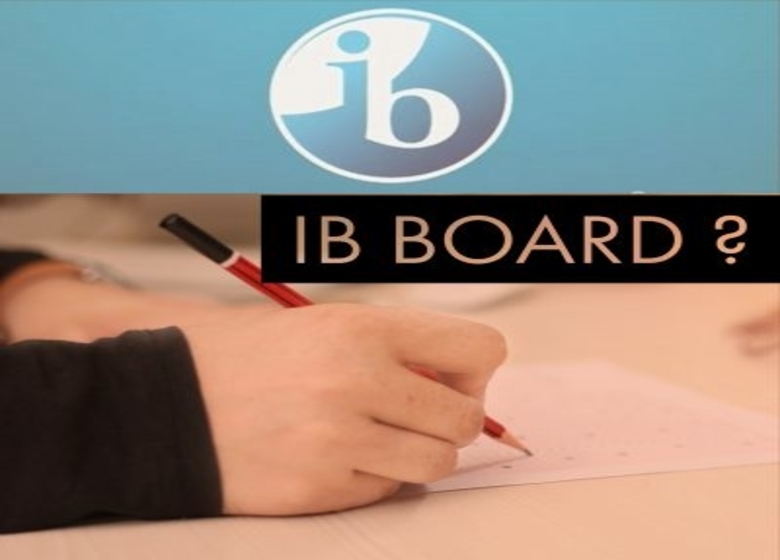As the toddlers start growing and learning, most of us parents worry about choosing the right things for them. However, the decision to pick the best school is also dependent on a major factor which is the educational boards.
The choice of the board makes a significant difference. Each provides a different exposure. So, how do you know which board is best suited for your child? Read on.
Indian Schools offer both Indian and International Syllabi namely:
- CBSE: Central Board of Secondary Education
- CISCE: Council for the Indian School Certificate Examinations (CISCE)
- IB: International Baccalaureate
- State Board: State Government Recognized Board
CBSE:
- Areas of Operation: 25 Countries including India, Malaysia, Dubai etc
- It is one of the most preferred boards in India and it follows the national curriculum along with additional subject matter.
The board conducts two examinations — the All India Secondary School Examination, AISSE (Class X) and the All India Senior School Certificate Examination, AISSCE (Class XII).
- It is recognized by the NCERT (National Council of Educational Research and Training) and is also followed in Kendriya Vidyalayas that are run by the Central Government. This makes it easy for its employees in any transferable jobs.
- CBSE approves both English and Hindi language as the medium of instruction.
- It is easy to find tutors, books and activities for all classes.
- It is more traditional in its approach and gives more emphasis on the assimilation of knowledge. It majorly focuses in the fields of Maths and Science.
- There is not a lot of focus on extra-curricular activities. The students are encouraged more to concentrate on their studies and examinations.
- The CBSE syllabus is easier when compared to that of other boards as it has fewer subjects and a more compact structure than others.
- The CBSE always evaluates the students on the basis of their ability to memorize the matter and recall concepts.
- Students aiming at pursuing a career in Engineering or Medical should prefer this board as the pattern of Indian entrance examinations in these two domains are aligned to the CBSE curriculum.
- CBSE does not emphasize too much on Languages though its syllabus is good enough for students to develop a strong understanding and good communication skills in English.
ICSE:
- Areas of Operation: India, UAE, Singapore, Indonesia
- ICSE offers only English as the medium of instruction.
- ICSE is conducted by CISCE or the Council for the Indian School Certificate Examination. It is similar to AISSE conducted by CBSE.
- Although ICSE is not recognized by the Indian government, the certificates provided are globally valid.
- ICSE is more expansive in its approach, and gives equal weightage to all the fields – Humanities, Sciences, Mathematics, and Languages.
- Their approach emphasizes the importance of all-round development, rather than just a focus on memorizing.
- There are two additional subjects which are compulsory for all students- English and Socially Useful Productive Work(SUPW).
- Practical and lab work is given a lot of importance too.
- This can be a board of choice for students aiming at pursuing careers in the fields of Humanities and Management.
IB:
- Areas of Operations: 144 Countries including India, USA, UK, Australia etc.
- International Board recognized by most of the Universities of the world.
- It is recognized by UNESCO, Council of Europe, Organisation Internationale de la Francophonie (OIF)
- The IB curriculum is even more demanding than the other two Indian boards, as the students are assessed on a variety of criteria.
- It offers in-depth knowledge and experience in subjects of the students’ choice.
- The students are provided with 6 different subject groups, where they are required to choose one from each. This provides a lot of flexibility.
- IB doesn’t demand any fixed textbooks and offers students more flexibility in this regard by offering them recommended readings.
- It emphasizes upon skill-development, knowledge and its application.
- Provides development of analytical, logical reasoning, language skills which can offer a slight advantage to students for exams such as the SAT and the GRE.
STATE BOARD:
- Areas of Operations: Every State and Union Territory of India
SSC: Secondary School Certificate, 10 Board Exams
HSC: Higher School Certificate, 12 Board Exams
- Each state in India has its own education board for determining the standard of education and examinations for the schools present in that state.
- Each state has its own state board, and the administrative authorities are over the educational ministry of that respective state.
- The educational structure, paper pattern and even the syllabus is not the same. It varies from one state to another.
- It requires lower fees compared to other boards.
- The quality of teaching varies according to school.
- Mode of instruction followed in state board schools is usually regional languages and English.
- Each state has its own grading system for schools.
You must look into every detail before making a decision. But the most important decision is to let you child be happy and healthy. The child must enjoy while learning so that it will always be reflected in their lives and even in academic performance. The best choice would be where the child is happy and learns and grows.
Also read: https://momababyetc.com/do-you-wish-an-ib-education-for-your-child/













